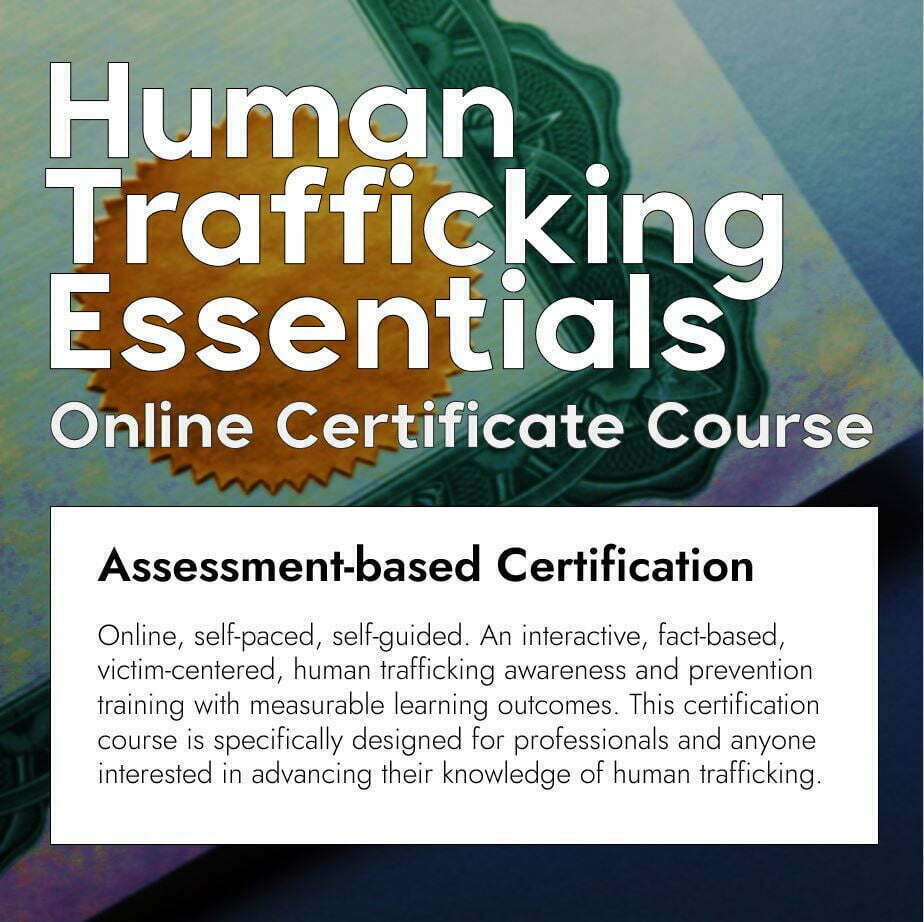CJ launches the Kenya Judicial Bench Book
The Judiciary has launched the Kenya Judicial Bench Book on Labour Trafficking in Persons, to boost the effectiveness of the justice sector in combating trafficking in persons in Kenya.
Speaking at a Nairobi hotel during the Book launch, Chief Justice Martha Koome, said the resource book will help judicial officers to have a quick and easily accessible reference guide that will enhance the effectiveness of administration of justice, with respect to matters relating to labor trafficking in Kenya.
CJ Koome said trafficking of human beings is a global catastrophe that is widely prevalent in Kenya like the rest of the world.
“I will not be far off the mark if I compare it with the historical parallel of movement of people as commodities, during the slave trade. Tragically, majority of the persons who are trafficked for exploitation are women and children, who are vulnerable members of our society,” CJ Koome said.
Koome commended the Book, stating that it will serve as an instrument for securing social justice by enlivening the fight against the exploitation associated with trafficking in persons.
The CJ said given its practical bent, the Bench Book will be of immense utility to not only judges and judicial officers, but will also benefit prosecutors, advocates, and other actors in the chain of justice, adding that it will make available a wealth of learning that will enable competent and effective resolution of disputes.
Koome noted that the growth of the trafficking business in recent times is fueled by a number of factors, including being a function of the negative consequences of globalization, particularly advancement in communication and transportation, unemployment, poverty, and ineffective enforcement of anti-trafficking laws, amongst other factors.
Koome said this state of affairs calls for urgent action and major steps by all duty bearers, to work concertedly, to respond to the calamity, adding that trafficking is a human rights issue.
She explained that many of those who are trafficked, are coerced or deceived into the process and experience acts amounting to slavery and forced labor once they reach their destination.
The CJ outlined trafficking as a serious violation of human rights that calls for concerted and coordinated efforts by all those involved, to root out the conditions that enable the crime to thrive and also ensure that the perpetrators of these abuses are brought to justice.
“I commend the fact that the Bench Book includes ‘good judicial practices for managing Trafficking in Persons cases,' this will ensure that the law is administered expeditiously and effectively. This is crucial as victims of trafficking are often in need of expeditious and cost-effective resolution of their disputes,” added Kooome.
The CJ, who is also the President of the Supreme Court of Kenya, thanked the International Association of Women Judges (IAWJ), in partnership with the IAWJ – Kenya Chapter, which supported the development of the Bench Book under their project ‘Women Judges Leading Efforts to Improve Justice Sector Effectiveness in Combating Trafficking'.
Koome said the Judiciary appreciates and values IAWJ support and partnerships that are geared towards improving the effectiveness of the justice system and deepening access to justice especially for vulnerable groups.
Chairperson of the International Women Judges Association, Kenya Chapter, Lady Justice Agnes Murgor, said that one of the purposes of the Bench Book is to clarify and provide case examples for each of the three elements – act, means, and purpose – of a trafficking offence under the Palermo Protocol and the Kenya Counter-Trafficking in Persons Act (Section 3)
“This Bench Book is very important for it dispels common misconceptions about trafficking in persons and distinguishes it from migrant smuggling (Section 4) and also provides a ready reference for the international, regional, and national legal framework applicable to trafficking in persons (Section5),” said Murgor.
Justice Murgor further said the Book also provides guidance about identifying victims of trafficking, protecting their rights, and assuring they receive appropriate assistance and support (Section 7).
By Catherine Muindi
This “Eyes on Trafficking” story is reprinted from its original online location.
 ABOUT PBJ LEARNING
ABOUT PBJ LEARNING
PBJ Learning is a leading provider of online human trafficking training, focusing on awareness and prevention education. Their interactive Human Trafficking Essentials online course is used worldwide to educate professionals and individuals how to recognize human trafficking and how to respond to potential victims. Learn on any web browser (even your mobile phone) at any time.
More stories like this can be found in your PBJ Learning Knowledge Vault.
EYES ON TRAFFICKING
This “Eyes on Trafficking” story is reprinted from its original online location.
ABOUT PBJ LEARNING
PBJ Learning is a leading provider of online human trafficking training, focusing on awareness and prevention education. Their interactive Human Trafficking Essentials online course is used worldwide to educate professionals and individuals how to recognize human trafficking and how to respond to potential victims. Learn on any web browser (even your mobile phone) at any time.
More stories like this can be found in your PBJ Learning Knowledge Vault.
